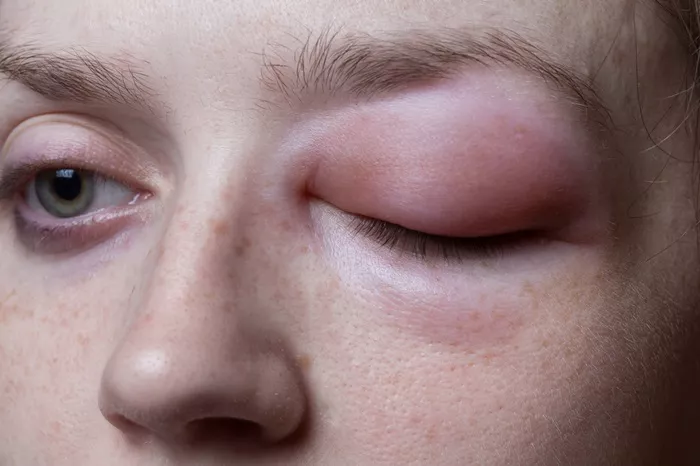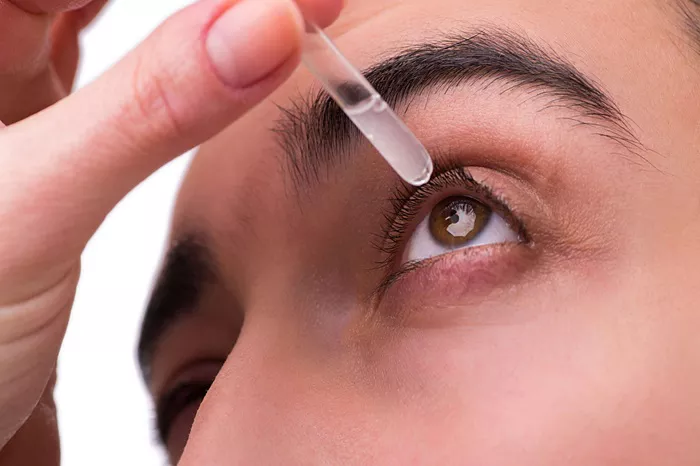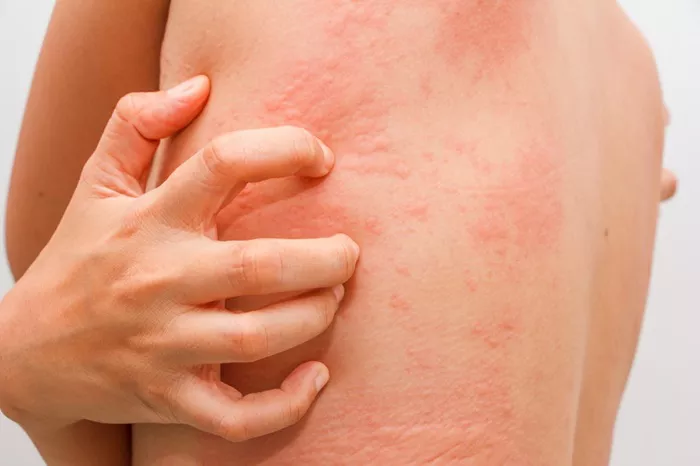Eye allergies, also known as allergic conjunctivitis, are a common issue, particularly in the summer months. As the season changes and environmental factors shift, many individuals experience an increase in eye-related allergic reactions. This comprehensive article will delve into the various causes of eye allergies during summer, providing a detailed examination of the contributing factors and potential remedies.
Eye Allergies
Eye allergies occur when the eyes react to allergens in the environment. These allergens can cause inflammation in the conjunctiva, the membrane covering the white part of the eye and the inside of the eyelids. Symptoms often include itching, redness, tearing, and a burning sensation. Understanding the root causes of these allergies is essential for managing and mitigating their effects.
Common Allergens in Summer
Pollen
One of the primary culprits of eye allergies in summer is pollen. Plants, trees, grasses, and weeds release pollen into the air, which can easily come into contact with the eyes. The microscopic grains are highly allergenic and can trigger a significant allergic response.
Tree Pollen: Trees such as oak, birch, cedar, and pine release pollen in late spring and early summer, causing early-season allergies.
Grass Pollen: Grasses like Bermuda, Timothy, and Kentucky bluegrass are major contributors to summer allergies, particularly in late spring and early summer.
Weed Pollen: Weeds such as ragweed, nettle, and sorrel release pollen later in the summer, extending the allergy season.
Dust and Mold
Dust and mold are perennial allergens that often exacerbate in the summer months. Warm and humid conditions can lead to an increase in mold spores both indoors and outdoors. Dust mites, which thrive in warm, humid environments, can also proliferate during summer.
Outdoor Mold: Mold can grow on fallen leaves, compost piles, and rotting wood. Spores become airborne and can trigger eye allergies.
Indoor Mold: Damp areas like basements and bathrooms are breeding grounds for mold, contributing to indoor allergen exposure.
Dust Mites: These microscopic creatures thrive in bedding, upholstery, and carpets, contributing to indoor allergies.
Environmental Factors
UV Radiation
Increased exposure to ultraviolet (UV) radiation during summer can aggravate eye allergies. UV rays can cause the eyes to become dry and irritated, which can exacerbate allergic reactions. People spending more time outdoors without proper eye protection may find their symptoms worsening.
Pollution
Air pollution is another significant factor. Higher temperatures can lead to increased levels of smog and other pollutants. These pollutants can irritate the eyes and make them more susceptible to allergens.
Ozone: Higher levels of ground-level ozone, common in summer, can irritate the eyes.
Particulate Matter: Fine particles from vehicle emissions, industrial activity, and wildfires can exacerbate eye irritation and allergic reactions.
Lifestyle and Behavioral Factors
Outdoor Activities
The summer season encourages more outdoor activities, from sports to gardening. Increased time spent outside exposes individuals to higher levels of allergens like pollen and dust.
Sports and Exercise: Activities such as running, cycling, and playing sports increase exposure to airborne allergens.
Gardening: Direct contact with plants and soil can expose individuals to pollen and mold spores.
Swimming Pools
Swimming pools, particularly those treated with chlorine, can contribute to eye irritation and allergies. Chlorine and other chemicals can irritate the eyes, making them more susceptible to allergens.
Chlorine Sensitivity: Chlorine can cause redness, itching, and tearing, similar to allergic reactions.
Chemical Exposure: Other pool chemicals can also contribute to eye irritation.
Biological Factors
Genetics
Genetic predisposition plays a significant role in determining whether an individual will develop eye allergies. A family history of allergies, asthma, or eczema can increase the likelihood of experiencing eye allergies.
Immune System Sensitivity
An overactive immune system can cause more severe allergic reactions. When the immune system mistakenly identifies harmless substances like pollen or dust as threats, it releases histamines and other chemicals, leading to allergic symptoms.
Preventive Measures and Treatments
Avoidance Strategies
Monitor Pollen Counts: Stay informed about daily pollen counts and try to limit outdoor activities when counts are high.
Use Protective Eyewear: Sunglasses can help shield the eyes from pollen, dust, and UV rays.
Keep Windows Closed: Use air conditioning instead of opening windows to reduce indoor pollen exposure.
Shower and Change Clothing: After spending time outdoors, shower and change clothes to remove pollen and other allergens.
Environmental Controls
Use Air Purifiers: High-efficiency particulate air (HEPA) filters can help reduce indoor allergens.
Maintain Low Humidity: Use dehumidifiers to keep indoor humidity levels below 50% to deter dust mites and mold.
Clean Regularly: Frequent cleaning can reduce dust and mold indoors. Vacuum with a HEPA filter and wash bedding in hot water.
Medical Treatments
Antihistamines: Over-the-counter antihistamine eye drops and oral medications can relieve itching and redness.
Decongestants: These can reduce eye redness but should be used with caution, as they can cause dryness.
Mast Cell Stabilizers: Prescription eye drops that prevent the release of histamines and other chemicals.
Corticosteroids: For severe symptoms, corticosteroid eye drops may be prescribed, but they should be used under medical supervision due to potential side effects.
Natural Remedies and Lifestyle Adjustments
Cold Compresses
Applying a cold compress to the eyes can help reduce swelling and itching. This simple remedy provides quick relief from symptoms.
Hydration and Nutrition
Stay Hydrated: Drinking plenty of water helps maintain eye moisture and reduces dryness.
Healthy Diet: A diet rich in anti-inflammatory foods, such as fruits, vegetables, and omega-3 fatty acids, can support eye health and reduce allergic reactions.
When to See a Doctor
While many eye allergies can be managed with over-the-counter treatments and lifestyle adjustments, it’s important to know when to seek professional help. Persistent symptoms, severe discomfort, or vision changes warrant a visit to an eye care professional. Allergists can also conduct tests to identify specific allergens and develop a tailored treatment plan.
Conclusion
Eye allergies during the summer can be particularly troublesome, given the increase in environmental allergens and changes in lifestyle. Understanding the causes, from pollen and mold to UV exposure and pollution, can help individuals take proactive steps to prevent and treat symptoms. By combining avoidance strategies, environmental controls, medical treatments, and natural remedies, those affected by summer eye allergies can find relief and enjoy the season more comfortably. If symptoms persist or worsen, consulting with a healthcare provider is crucial to ensure appropriate care and management.
[inline_related_posts title=”You Might Be Interested In” title_align=”left” style=”list” number=”6″ align=”none” ids=”9081,9077,9073″ by=”categories” orderby=”rand” order=”DESC” hide_thumb=”no” thumb_right=”no” views=”no” date=”yes” grid_columns=”2″ post_type=”” tax=””]
































